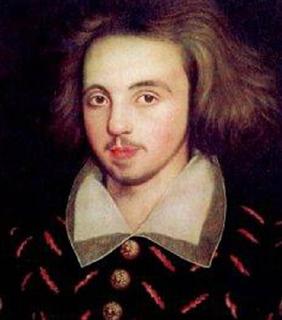Week4
☆The face that launched a thoustand ships
Meaning:
A reference to the mythological figure Helen of Troy (or some would say, to Aphrodite). Her abduction by Paris was said to be the reason for a fleet of a thousand ships to be launched into battle, initiating the Trojan Wars.
Origin:

Christopher Marlowe, in Doctor Faustus (variously dated between 1590 and 1604), referring to Helen of Troy, or as Marlowe had it 'Helen of Greece':
Was this the face that launch'd a thousand ships,
And burnt the topless towers of Ilium?
Sweet Helen, make me immortal with a kiss.
Her lips suck forth my soul: see where it flies!
Come, Helen, come, give me my soul again.
Here will I dwell, for heaven is in these lips,
And all is dross that is not Helena.
I will be Paris, and for love of thee,
Instead of Troy, shall Wittenberg be sack'd;
And I will combat with weak Menelaus,
And wear thy colours on my plumed crest;
Yea, I will wound Achilles in the heel,
And then return to Helen for a kiss.
O, thou art fairer than the evening air
Clad in the beauty of a thousand stars;
Brighter art thou than flaming Jupiter
When he appear'd to hapless Semele;
More lovely than the monarch of the sky
In wanton Arethusa's azur'd arms;
And none but thou shalt be my paramour!
☆Apollo
|
|
One of the most important and complex of the Olympian deities in classical Greek and Roman religion and Greek and Roman mythology. The ideal of the kouros (a beardless, athletic youth), Apollo has been variously recognized as a god of music, truth and prophecy, healing, the sun and light, plague, poetry, and more. Apollo is the son of Zeus and Leto, and has a twin sister, the chaste huntress Artemis. Apollo is known in Greek-influenced Etruscan mythology as Apulu
|
☆Apollo’s twin sister
Artemis(Greek) = Diana(Rome)
|
|
One of the most widely venerated of the Ancient Greek deities. She was the Hellenic goddess of the hunt, wild animals, wilderness, childbirth, virginity and protector of young girls, bringing and relieving disease in women; she often was depicted as a huntress carrying a bow and arrows.[6] The deer and the cypress were sacred to her. In later Hellenistic times, she even assumed the ancient role of Eileithyia in aiding childbirth. Homer refers to her as Artemis Agrotera, Potnia Theron: "Artemis of the wildland, Mistress of Animals".[4] The Arcadians believed she was the daughter of Demeter.[5] |
☆Demeter
|
|
The goddess of the harvest and agriculture, who presided over grains and the fertility of the earth. Her cult titles include Sito, "she of the Grain",[1] as the giver of food or grain,[2] and Thesmophoros , "Law-Bringer," as a mark of the civilized existence of agricultural society.[3]Though Demeter is often described simply as the goddess of the harvest, she presided also over the sacred law, and the cycle of life and death. She and her daughter Persephone were the central figures of the Eleusinian Mysteries that predated the Olympian pantheon. In the Linear B Mycenean Greek tablets of circa 1400–1200 BC found at Pylos, the "two mistresses and the king" may be related with Demeter, Persephone and Poseidon.[4][5] Her Roman equivalent is Ceres.[
|
- de--- meaning "down, off, away, from among, down from," but also "down to the bottom
Example : destroy;decrease;deter (v.)制止
Example : internal;indeed





 留言列表
留言列表


